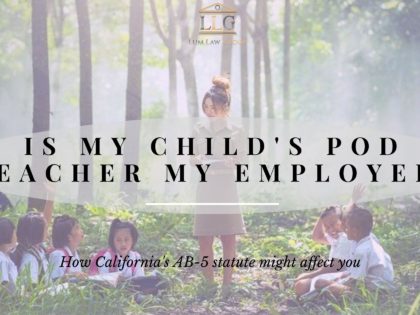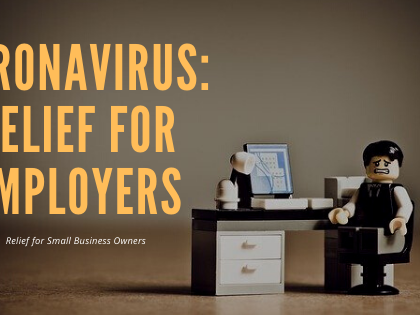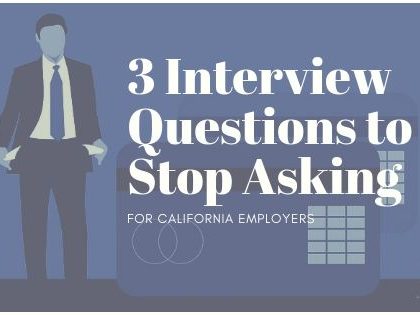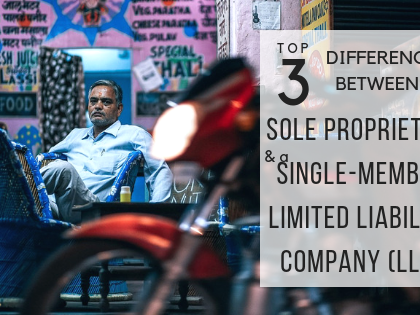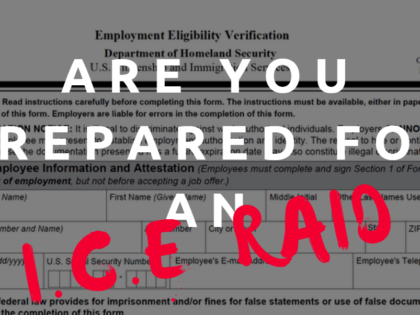The 7 New 2020 Laws Affecting Employers and Business Owners in California
0 CommentsIf you’re a business owner with employees, it is time to familiarize yourself with these seven new employment-related laws that went into affect on January 1, 2020. Ensure you follow best hiring practices and follow these laws for existing employees.
1. New minimum wage
California has a new minimum wage. If your business employees 25 or less people, the new minimum wage is $12/hour. Otherwise the new minimum wage is $13/hr.
2. Independent contractors
We wrote about the AB-5 law previously, but it is still worth revisiting if you’re hiring freelance workers and treating them like independent contractors. The new law dictates that if a business controls and directs the work of the worker, and the work is an integral part of the business (think, a gig economy driver working for a ride service company), then they cannot be characterized as an independent contractor. Instead, the business has to treat them as an employee.
3. Sexual Harassment Training
If your business has more than five employees, you are required to provide sexual harassment training to all employees every two years. SB 1343 also requires employers to provide new employees sexual harassment training within six months of being hired.
4. Lactation Accommodation
California already requires businesses to provide nursing mothers time to nurse or pump, but with the passing of SB142, businesses must ensure nursing mothers have a proper place to do so. A restroom or break room is insufficient. The location must be close to the employee’s work station, must have electrical outlets, and must be private.
5. Arbitration Agreements
An arbitration agreement is a contract whereby an employee and employer agree that certain, if not all, disputes will be settled via arbitration outside the court (rather than in court with a lawsuit). Companies can no longer force employees into mandatory arbitration agreements with the passing of AB51. This law does not apply to arbitration agreements entered into prior to January 1, 2020.
6. Paid Family Leave
With SB 83, the benefits under paid family leave increase from six weeks to eight weeks. New parents will have more time to stay home with their children starting July 1, 2020.
7. Hair Discrimination
California has banned discrimination based on natural hair style or texture with the passing of SB 188, also known as the Crown Law. Employers and schools cannot discriminate against potential incumbents based on their natural hair, or require a certain hairstyle instead of their natural hair.
Do you have questions or concerns as a business-owner and employer? Call an experienced business and employment attorney today!


